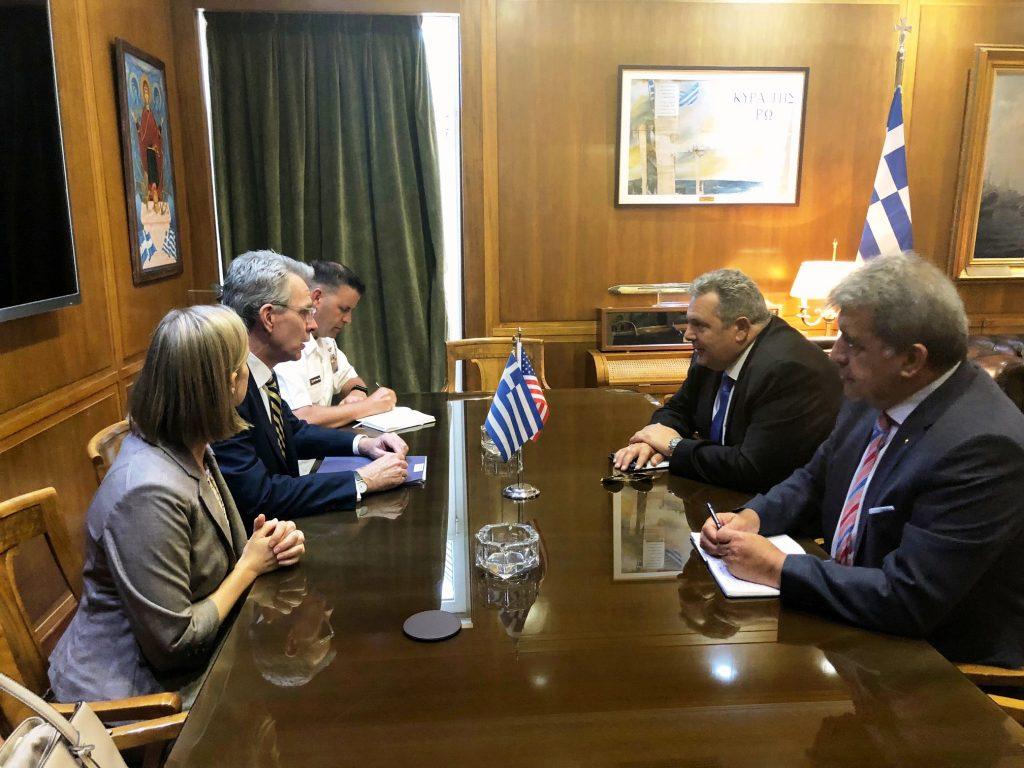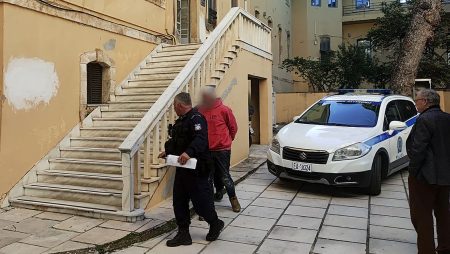In Greece, it was Panos Kammenos who in a tweet first spoke of the bribing of MPs of the Former Yugoslav Republic of Macedonia (FYROM), in order to approve the constitutional amendments mandated by the Prespa naming accord.
Essentially, he indirectly but clearly charged that the US, through its diplomats in the region, funneled large amounts of money to secure the necessary number of opposition VMRO-DPMNE MPs’ votes to reach the two-thirds (80 seat) majority needed to launch the constitutional amendment process and save the Prespa Agreement.
Naturally, Prime Minister Zoran Zaev on his own could not buy off the requisite number of MPs, as he lacked the “resources”.
A foreign player had to provide the “working capital”.
This charge, which was articulated in various ways in FYROM, naturally seems plausible, as Greece also has bitter historical experiences with such interventions.
Whether one speaks of the post-Civil War era, when US Ambassador John Peurifoy had greater power than Greece’s elected government, or of the en masse defection of MPs (known as the apostasy) from the ruling Centre Union party in 1965, when the US Embassy in Athens had stepped in amidst charges that “apostate” MPS were bribed, Greece has experience with such interventions.
That is why the US Ambassador to Athens, Geoffrey Pyatt, must provide answers, as he is a diplomat who by all appearances is the “man for special missions” in the “New Cold War”, especially if one considers his previous posting in Ukraine, where he went to ensure by all means a rupture in Ukraine-Russia relations.
Here we are not speaking only of an effort to influence public opini0n, of payments to the media, or of the activities of various “civil society” organisations, which act as “fronts” for US intelligence services, nor about the activation of various “contacts” of those services in the region.
Such things always happened and will continue to happen.
Here, we are not speaking only of an effort to influence public opinion, of payments to the media in a crucial, democratic parliamentary procedure, following a referendum in which the very small turnout made clear that the Prespa Agreement did not have the support of a large part of society in FYROM.
Answers must be given, because if the allegations are true, things are dangerous.
The practice of buying off MPs and officials, against the sovereign popular will, in the end boomerangs.
It creates more problems than it supposedly solves.
It leads to a deep political crisis, as the disharmony between parliamentary power balances and society can become explosive.
Any domestic political destabilisation of FYROM entails more dangers than waiting a few months for the country’s admission to Nato.
If FYROM sinks into yet another crisis, with the memories of its near descent into civil war still fresh, and in an era that thoughts of a change in Balkan borders are being bandied about, then things become simply dangerous.
Then, the dangers will concern not only FYROM and its domestic political situation, but rather the security and stability of the broader Balkan region.
We will then be speaking of developments that entail a great cost for Greece, and not for the “policy planners” in distant Washington.
For these reasons, Geoffrey Pyatt must offer answers.
He should say exactly what is going on, and explain the precise nature of his “mission” in Greece.
Pyatt should offer assurances that he did not come to “manage a destabilisation”, which is a cynical euphemism for situations in which a region is destabilised in order to stem the influence of a competing power.
There are certain charges that cannot go unanswered, because they not only cast a shadow on decisions and choices, but also threaten to blow up the balances that have been achieved.
In other words, we must have a clearer picture of the games that are being played behind our back.



